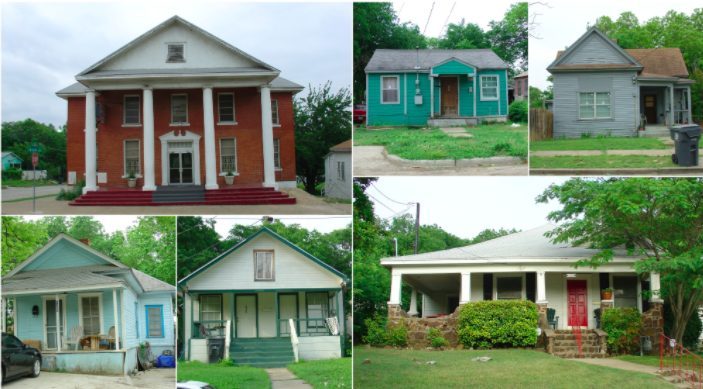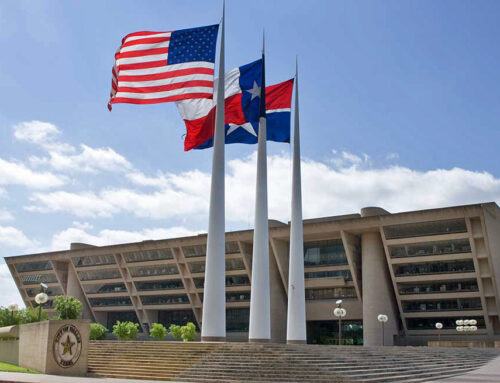The Tenth Street Historic District won a grant from the National Trust for Historic Preservation that will allow neighbors to hire an employee to help their conservancy efforts.
The neighborhood was established by former slaves after the Civil War and is one of the few remaining freedmen’s towns in America.
It’s now at risk because homes there are aging and some have cloudy titles. While the City of Dallas has neglected infrastructure such as streets and stormwater drainage there, it also has taken an aggressive approach to code violations. A city ordinance allows buildings in historic districts to be demolished if they are under 3,000 square feet, which includes almost all of the homes in Tenth Street. The city itself ordered historic homes demolished in this neighborhood when they had unclear titles and haven’t been maintained. City Council voted to stop the demolitions just last year.
At least 70 of the district’s 260 homes have been demolished already.
The district was named one of the National Trust’s 11 most endangered places in America in 2019. It also made The Advocate’s list of at-risk architecture in 2018.
The National Trust awarded $1.6 million to 27 sites in the United States in an effort to preserve African American history.
Here’s what the National Trust says about Tenth Street:
Dallas’ Tenth Street Historic District is one of the few remaining Freedmen’s Towns that is still an active neighborhood. Established by newly freed Africans after the Civil War, it has a collection of modest folk and vernacular dwellings dating from the 1890s to the 1940s that are currently under threat of development pressure and demolition.






